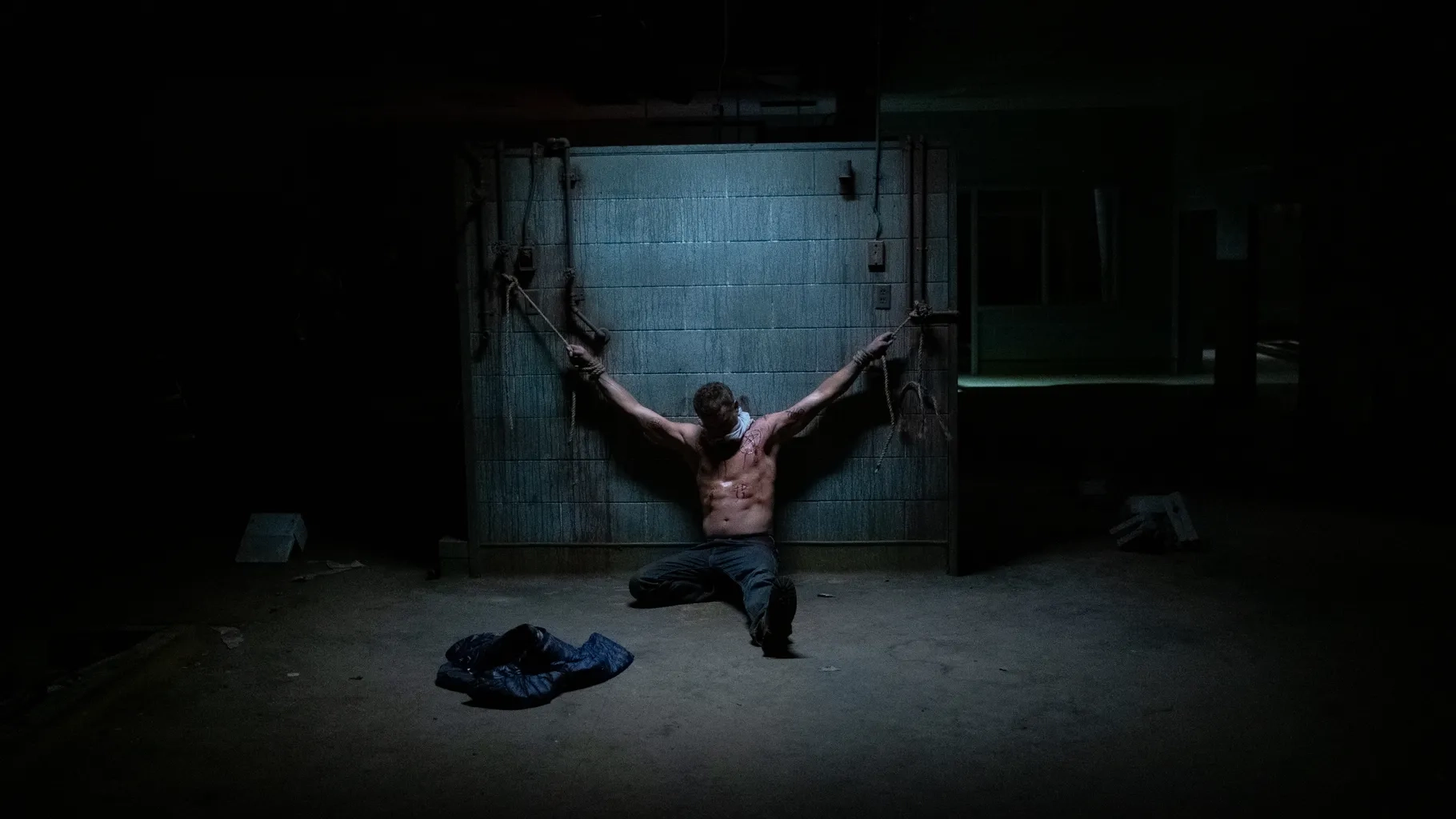Cold Soldier post-play thoughts
In the audio file above I talk for a half an hour or so about the Cold Soldier game we played, going over the principal events of play and my thoughts on them. Early on there are some annoying artifacts as a result of me recording on my phone (buzzes from messages and the like), but they stop pretty soon.
Highlights
-I played the Dark Master: a Genius Scientist. Soldier: Woman with a chain-and-hook contraption (her Weapon) replacing one of her hands. Set in the Present, specifically an Eastern Europe dealing in an indirect manner with consequences of the current Russian invasion of Ukraine. The Dark Master’s Agenda was to use this conflict and its effects to increase his personal political power.
-Early on I had an anxiety about whether the scenes I was setting, and the tasks the Dark Master was commanding, were logical in terms of his Agenda, i.e., would they actually help and did they make any sense. Basically, my typical GM-type anxiety isn’t about entertaining people, but about whether what I am saying is able to land at all, as functioning communication. In the second half of this game I was able to jettison that pretty well and I think my play got better. Certainly my enjoyment did.
-Looking back on play it seems to me that two stories were going on here: the chronological one of scene-to-scene play (at the end of the recording I call this Anton’s story, but of course I mean Ilya’s), and then the one partially revealed by the Soldier’s memories: something deep, tonal, scarcely grasped but crucial for creating the meaning of the chronological story we made. I experienced it as very powerful, and I think seeing this play out over the course of a few scenes is why I was able to let my communication-anxiety go.
-Along with this, as the Dark Master I was at times uncomfortable with how much I was talking. I had to say a lot, since the Soldier couldn’t. We’d go deep into scenes and I’d still be talking, checking in with Christoffer about whether and what his character was doing, and then I’d keep going, and eventually we’d come to the clear conflict-point. As much as I talked, when the Soldier was able to act and especially to remember something and/or resist, it was incredibly important and charged in the moment. As a player I remember the moments of the Soldier remembering; they really did feel like flickers of something just barely clinging onto meaning past death, and as I more or less said above, for me they were the context for everything else we did.


2 responses to “Layered Tragedy”
I’m hesitating to say the following, because the insights you’re describing are valid, and I don’t want to undercut them. So, with caution …
Consider that the Soldier player is the main speaker after the Soldier receives the command. “I go here, I do this, I go there …” The Dark Master player serves during this phase mainly to respond and describe things, until that person decides that a given response includes the obstacle.
Taken with care and especially, without a zero-sum assumption regarding who speaks, I don’t think that this will change anything about the insights you’ve mentioned.
Agreed, regarding my insights being unchanged–but thankfully now added to. I confess that it is hard to see from over here how the Soldier player would be the primary speaker in typical play. I’m not asking for clarification on what you stated–I understand your point/elucidation of the text, and am thankful for it. I’ll incorporate this understanding going forward as I play the game more (I have another session with a different partner planned for later this week) and will surely have more thoughts after that.